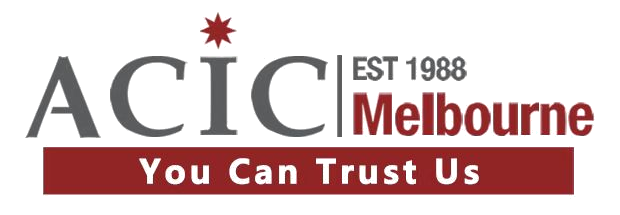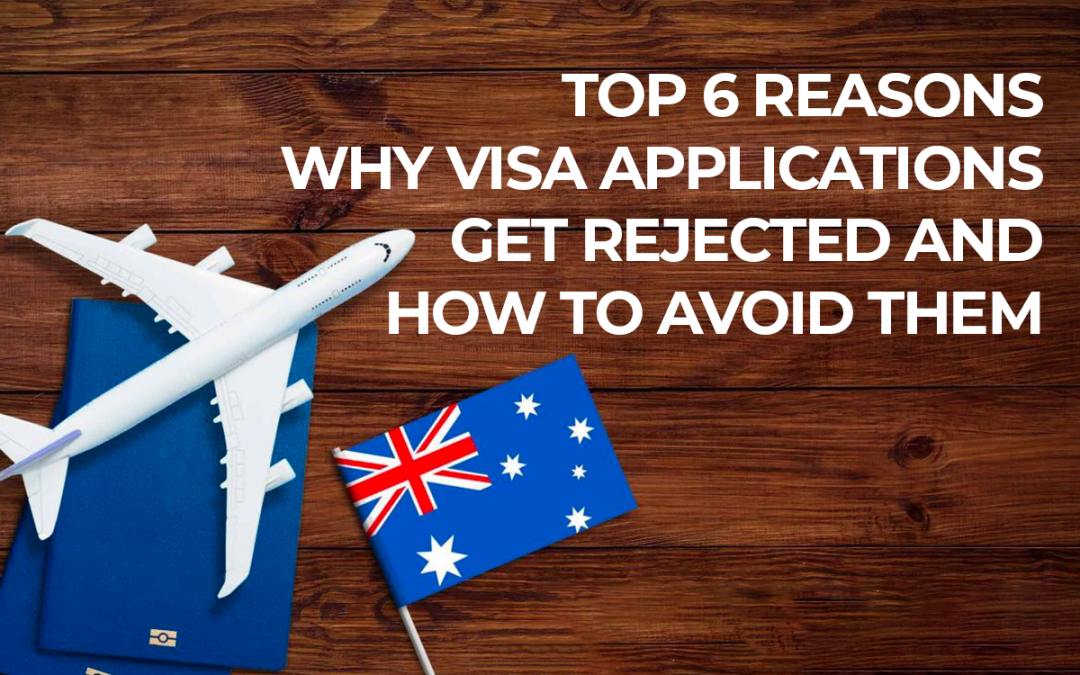Top 6 Reasons Why Visa Applications Get Rejected and How to Avoid Them
01 – Incomplete or Incorrect Documentation
02 – Insufficient Financial Evidence
03 – Failure to Meet Health or Character Requirements
Most countries have health and character requirements that applicants must meet to be granted a visa. If your medical exams reveal a condition that could pose a public health risk, or if your background check uncovers criminal activity, your application could be rejected.
How to Avoid This:
Make sure to undergo any required medical examinations well in advance and address any potential health concerns. If there are character issues, such as minor criminal offenses, consider consulting with a migration agent at ACIC Melbourne to discuss your options. Being upfront and providing detailed explanations can sometimes help mitigate concerns.
04 – Incorrect Visa Type Selection
Applying for the wrong type of visa is a surprisingly common mistake that can lead to rejection. Each visa type has specific eligibility criteria, and applying under the incorrect category can result in an immediate denial.
05 – Inconsistent or Unclear Information
Providing inconsistent or unclear information on your visa application can raise red flags with immigration officers. This could include discrepancies between your application and supporting documents or ambiguous explanations for your travel intentions.
06 – Failure to Demonstrate Genuine Intent
For certain visa categories, particularly temporary visas, applicants must demonstrate that they intend to comply with the visa conditions and return to their home country at the end of their stay. If the immigration officer doubts your intent, your application may be rejected.
Visa applications can be complex and require careful attention to detail. When in doubt, consulting with a professional/expert can provide valuable guidance and support throughout the process, ensuring that you have the best possible chance of achieving your migration goals.



Recent Comments